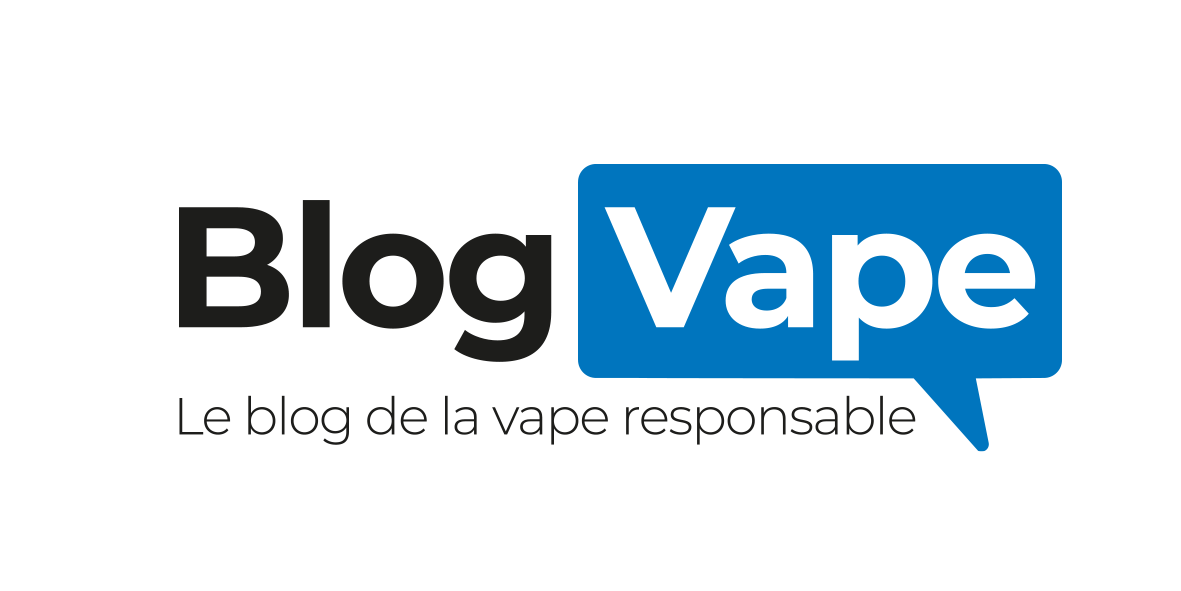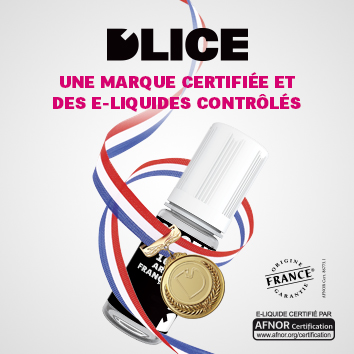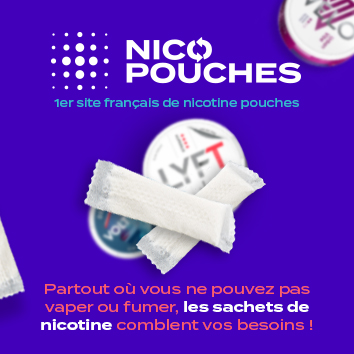 We’ve talked in several articles about anti-vaping laws getting tougher worldwide. In Belgium, Luxembourg or in Australia, many governments place vaping at the same level as smoking. And they harshly penalize this industry.
We’ve talked in several articles about anti-vaping laws getting tougher worldwide. In Belgium, Luxembourg or in Australia, many governments place vaping at the same level as smoking. And they harshly penalize this industry.
In the US, a regulation that has been voted under the Obama administration in August 2016 is changing the story. Soon, any company wishing to sell a vaping product on the American market will have to submit an application to the FDA (Food & Drugs Administration).
If we take most particularly e-liquid manufacturers, they will have to
compile an extremely lengthy and expensive case. The FDA estimates that such a case could cost more than 1 million dollars for an e-liquid range. In this application, manufacturers will need to, among other things, bring scientific evidence that their products are not harmful and assess the impact of the ingredients of their e-liquids on human health.
The FDA doesn’t make any distinction between e-liquids that contain nicotine and those without nicotine, which is even more surprising. While the American administration has justified this regulation by wanting to fight against youth nicotine dependence, a study from the National Institute on Drug Abuse recently concluded that almost 80% of American teen vapers don’t use any nicotine in their e-cigarettes, making vaping harmless.
And contrary to vaping products, nicotine gum and patches are not concerned by such constraints. Vaping is clearly the target here. However, the FDA doesn’t mention any scientific study or evidence of vaping being harmful which could justify such a market regulation framework.
An ongoing fight against the US anti-vaping regulation
The American vaping industry is today leading the fight against the regulation. They hope they will be able to amend or repeal it. Many actions are taking place: political attempts from Representatives, lawsuits from vaping companies, citizen mobilization, lobbying of government agencies, etc. If the regulation remains unchanged, consequences will be dire. Most vaping stores will close within the next couple of years, the number of actors on the market will drop. Prices will increase, a black market could appear and tobacco use will certainly go up.

 We’ve talked in several articles about anti-vaping laws getting tougher worldwide. In Belgium, Luxembourg or in Australia, many governments place vaping at the same level as smoking. And they harshly penalize this industry.
We’ve talked in several articles about anti-vaping laws getting tougher worldwide. In Belgium, Luxembourg or in Australia, many governments place vaping at the same level as smoking. And they harshly penalize this industry.





